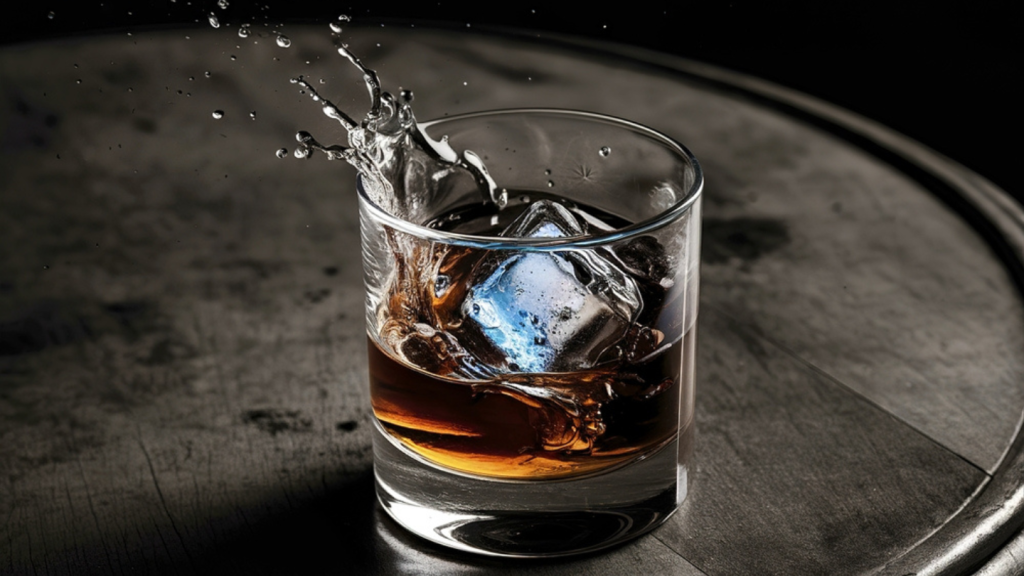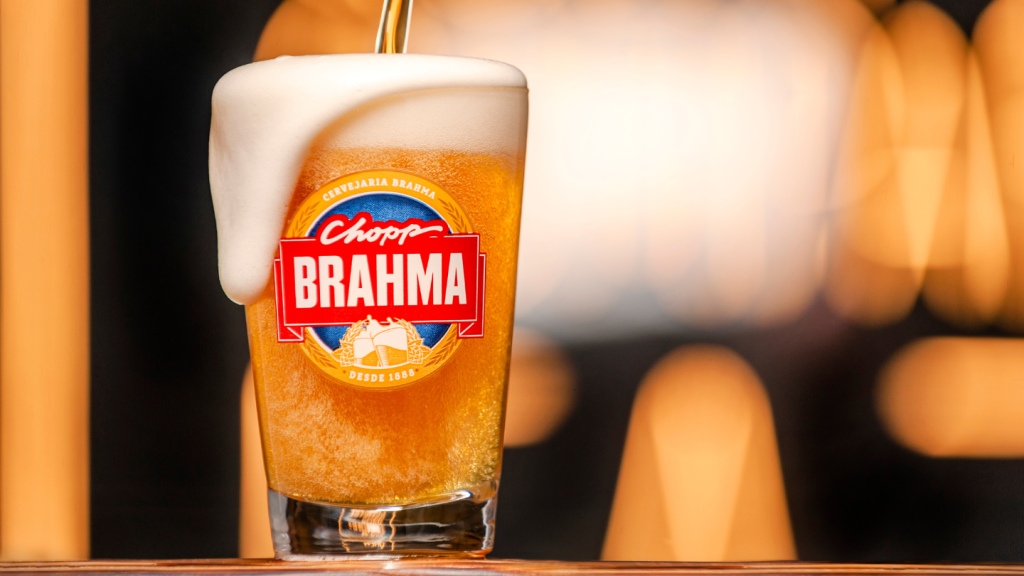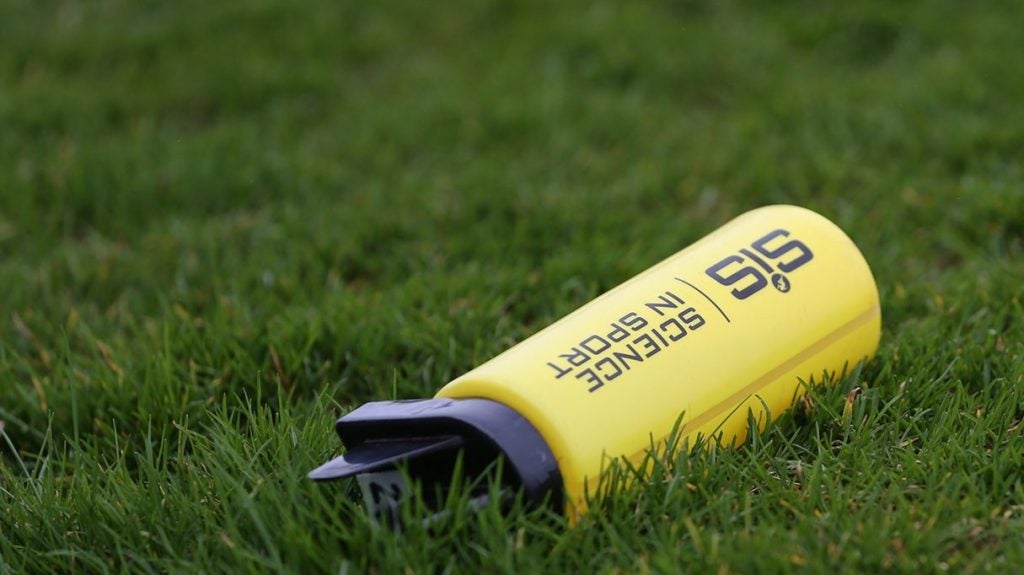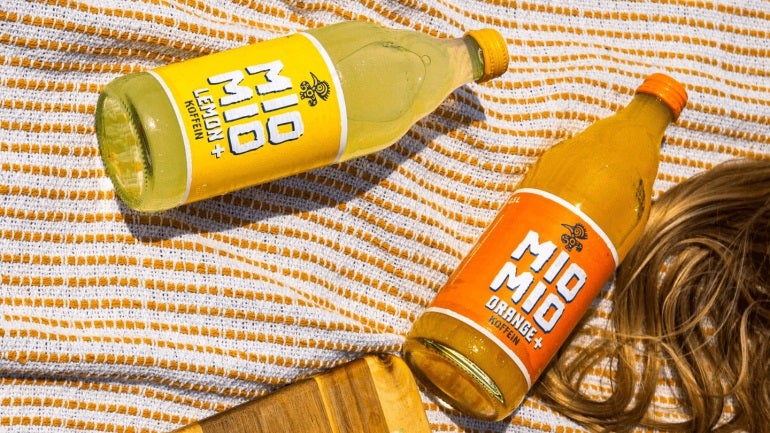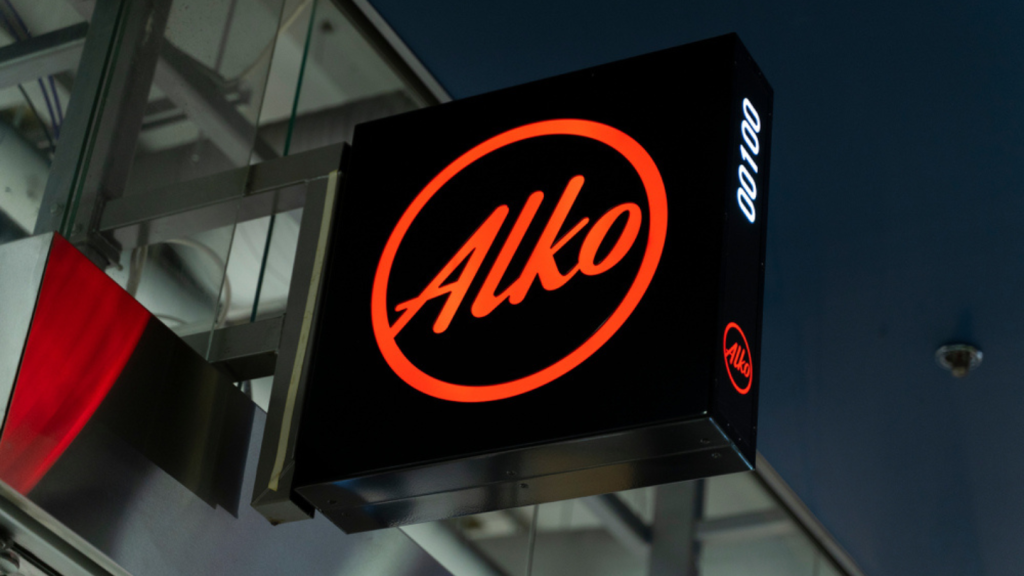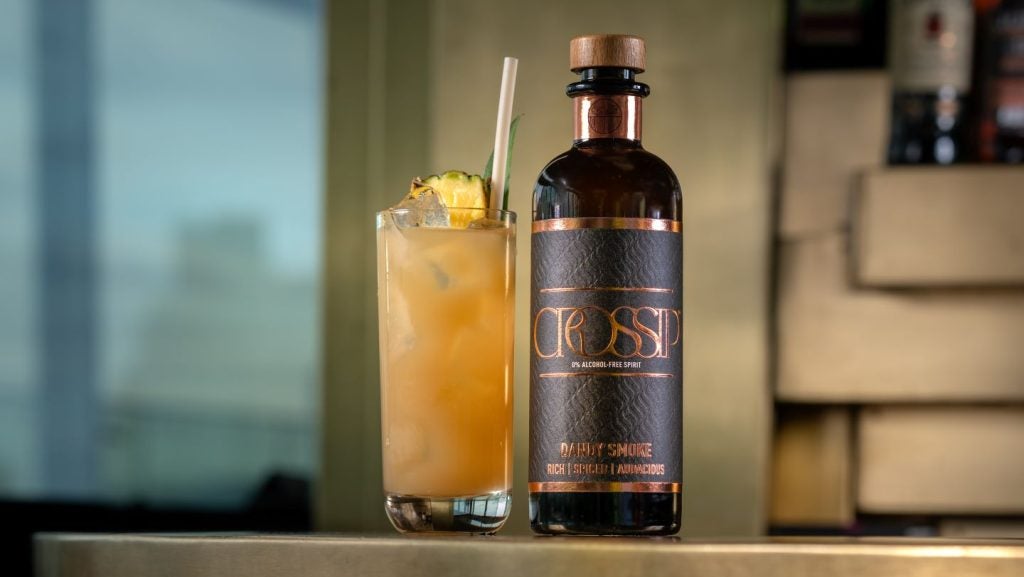The UK government’s hike in excise duty has cost it £2.3bn ($3bn) in interest payments, according to the Scotch Whisky Association (SWA).
A 10.1% hike in excise duty was introduced by the former UK government last year. The SWA has said that the increase in alcohol duty added 0.35 percentage points to inflation in the last 12 months and that has resulted in interest payments of £2.3bn.
The SWA also stated that HM Revenue & Custom figures show a government loss of £132m ($173m) in tax revenue from excise duty on spirits between 1 August 2023 and 30 June 2024, compared to the same period over 2022 and 2023.
The Scotch Whisky Association has urged the new UK government to reduce its member's tax burden.
“We said last August that increasing excise duty on Scotch whisky would be inflationary and bad for the economy,” SWA CEO Mark Kent said.
“The evidence a year on is very clear – the tax hike imposed by Jeremy Hunt has been calamitous, with a price tag of nearly £2.5bn given the impact on government interest payments and lost tax revenue. Raising excise duty has significantly contributed to the fiscal gap which the Chancellor is now trying to plug.”
Last year, the UK government announced that alcohol duty would further increase in line with RPI inflation from 1 August 2024.
The move sparked outcry from manufacturers at what they called a “double-pronged tax hike” as the government had also introduced an interim system last year which saw alcohol taxed incrementally based on strength – with lower taxes on lower-abv alcohol, and higher taxes on higher strengths.
In March, the government extended a freeze on alcohol duty by six months to early 2025. The – at the time – Chancellor of the Exchequer Jeremy Hunt said a planned 3% rise in alcohol duty would be postponed until 1 February 2025.


